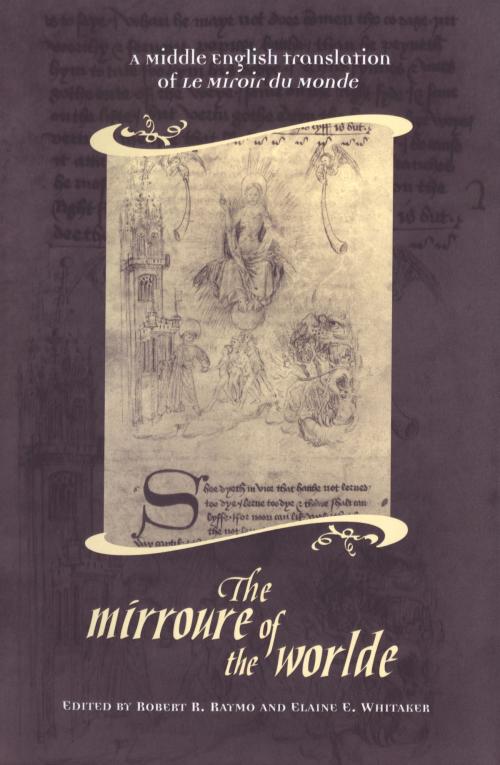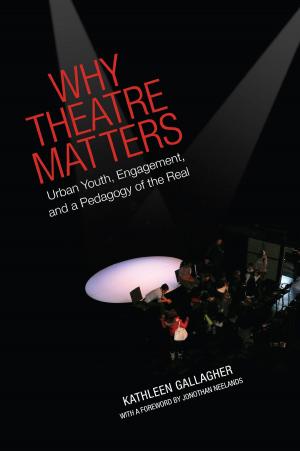The Mirroure of the Worlde
A Middle English Translation of the Miroir de Monde
Nonfiction, Religion & Spirituality, Christianity, Christian Literature, Theology| Author: | ISBN: | 9781442659148 | |
| Publisher: | University of Toronto Press, Scholarly Publishing Division | Publication: | December 15, 2003 |
| Imprint: | Language: | English |
| Author: | |
| ISBN: | 9781442659148 |
| Publisher: | University of Toronto Press, Scholarly Publishing Division |
| Publication: | December 15, 2003 |
| Imprint: | |
| Language: | English |
The allegories of the virtues and vices were a common teaching tool in the Middle Ages for both religious and lay audiences to learn the basic tenets of the Christian faith. The Mirroure of the Worlde makes available for the first time the unique text in the fifteenth-century British manuscript, MS. Bodley 283, which is among the last and largest works in the tradition of lay religious instruction mandated by the Fourth Lateran Council.
The Mirroure is derived from conflations of the Miroir du Monde and the Somme le Roi, both vernacular treatises on vices and virtues compiled in Northeast France in the thirteenth century. Translated into Middle English by, it is believed, Stephen Scrope, the foremost English translator of the mid-fifteenth century, this edition is one of the only books of virtues and vices that contains Latin text, an inclusion that points towards a more widespread knowledge of the language among the laypeople than previously thought. Complete with explanatory notes and a glossary, The Mirroure of the Worlde widens the understanding of medieval moral instruction, religion, reading practices, and education.
The allegories of the virtues and vices were a common teaching tool in the Middle Ages for both religious and lay audiences to learn the basic tenets of the Christian faith. The Mirroure of the Worlde makes available for the first time the unique text in the fifteenth-century British manuscript, MS. Bodley 283, which is among the last and largest works in the tradition of lay religious instruction mandated by the Fourth Lateran Council.
The Mirroure is derived from conflations of the Miroir du Monde and the Somme le Roi, both vernacular treatises on vices and virtues compiled in Northeast France in the thirteenth century. Translated into Middle English by, it is believed, Stephen Scrope, the foremost English translator of the mid-fifteenth century, this edition is one of the only books of virtues and vices that contains Latin text, an inclusion that points towards a more widespread knowledge of the language among the laypeople than previously thought. Complete with explanatory notes and a glossary, The Mirroure of the Worlde widens the understanding of medieval moral instruction, religion, reading practices, and education.















